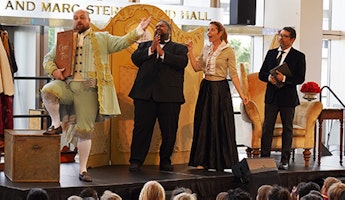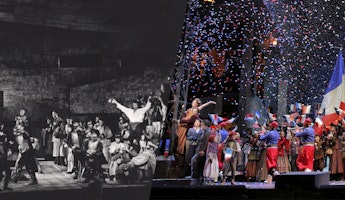Blog
May 28, 2025
So...What is Music?
Think back to the first time a song gave you goosebumps. Maybe it was a lullaby. A first dance. A favorite track on a long, open drive. Whatever the moment, something in the music stopped you. Moved you. Stayed with you.
That reaction wasn’t random. Psychologist Howard Gardner—who introduced the theory of Multiple Intelligences—suggests musicality is something we’re born with. It’s wired into us. Still unsure? Consider the rhythms already baked into life: the beat of your footsteps, the rise in your voice during an argument, the lift in pitch when you ask a question. Whether we realize it or not, we’re constantly moving through music.
So… what exactly is music?
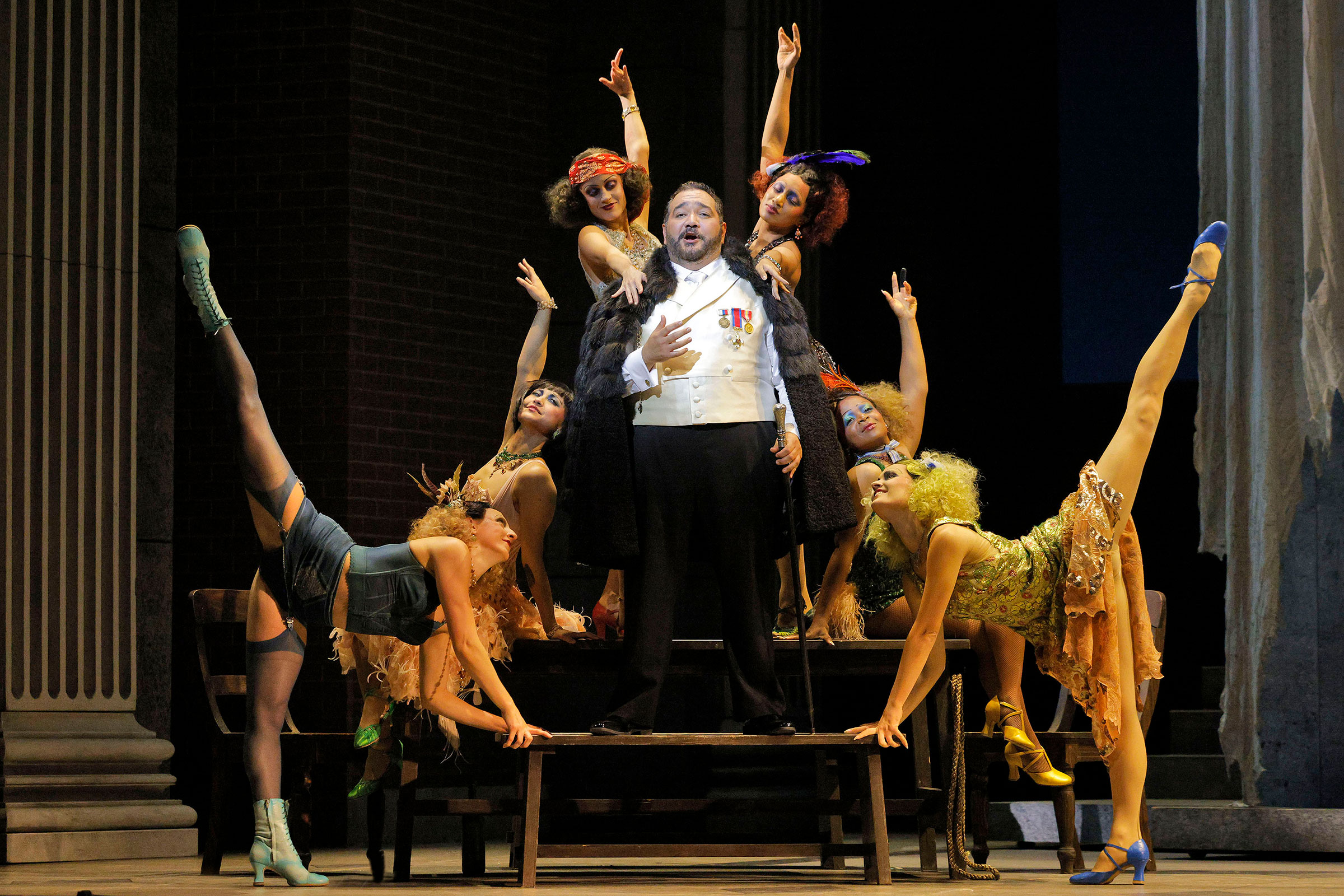
It seems like an easy question—until you try to answer it. In "The Music Instinct", archaeologist Stephen Mithen offers a working definition: music is a variation of pitch, rhythm, and dynamics, whether voiced, played, or felt in the body. It’s a solid start—but what about music that defies those rules?
Luigi Russolo’s The Art of Noise is a piece built from industrial sound. The Caretaker’s Everywhere at the End of Time mimics the disintegration of memory across six haunting hours. These works don’t fit our traditional definitions—but they move us. Which is why. Mithen eventually borrows the most honest answer of all: “I know it when I hear it.”
And maybe, most of all, we know music by what it does to us.
We asked Dr. Nita Baxani, Chair of Early Childhood at the Colburn School of Music, what music means. She didn’t begin with melody or meter. She talked about connection—how music builds relationships. From choirs to jam sessions, stadiums to living rooms, music brings people together. Across generations. Across languages. Across cultures.
Why is that? One powerful theory is that music predates language. That before we had words, we had rhythm. Sound. One another. Suddenly, the phrase “music is a language” takes on new depth.
There’s evidence to back this up. Mithen notes that every known human society makes music—even those with no outside contact. And it’s not just us: birds sing, frogs croak, cows respond to jazz. An elephant once calmed to Clair de Lune. Music speaks in ways that many species seem to understand.
Dr. Baxani has seen this innate musicality firsthand through BambinO, an opera created for babies. In these performances, music helps infants form early social bonds. The spark in a child’s face when the music begins? That joy isn’t just cute—it’s developmental. It’s emotional. It’s vital.
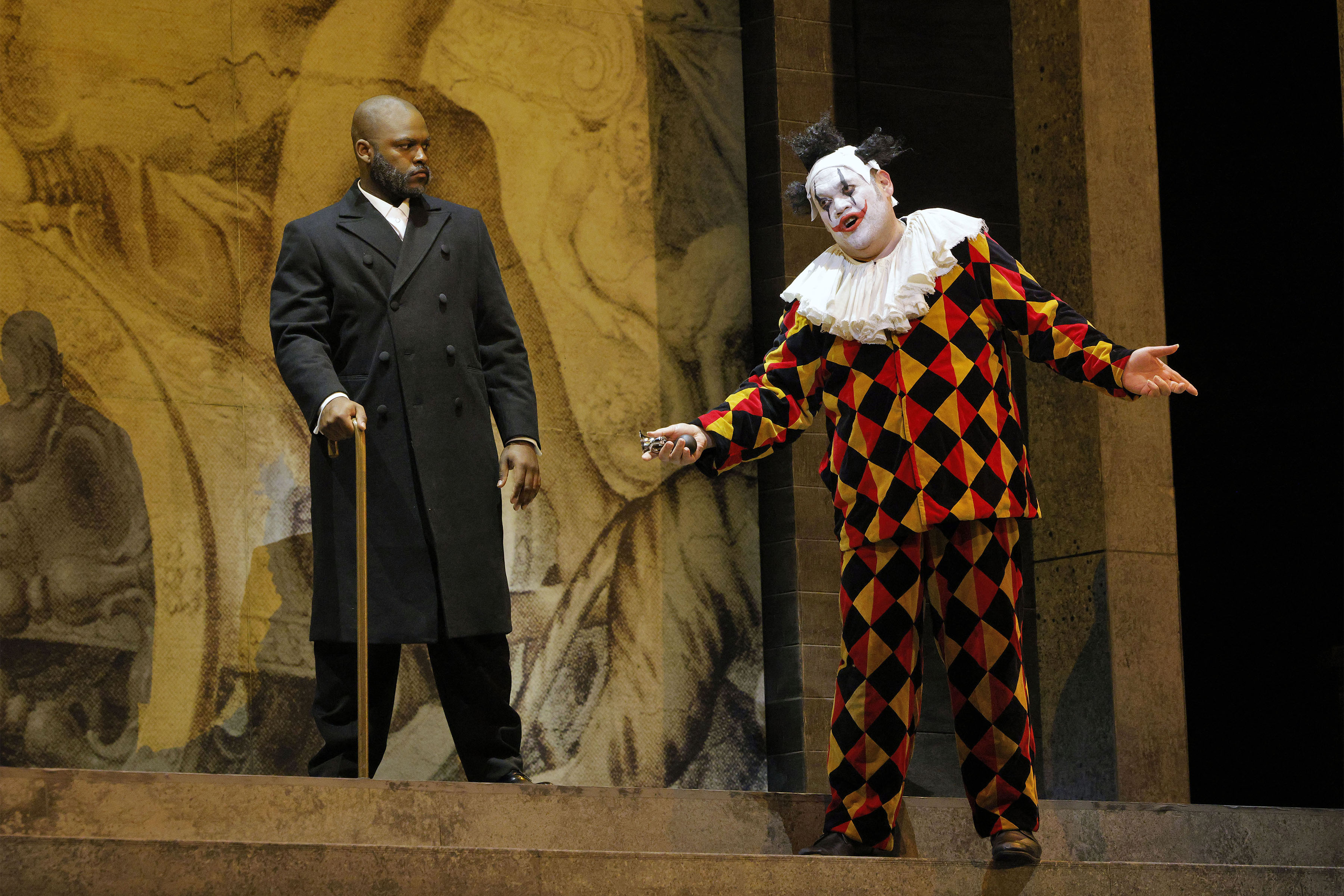
Music also weaves through memory. A single melody can stick with us for hours. A few notes can bring back decades-old memories. In the documentary Alive Inside, an elderly man with memory loss hears a jazz tune from his youth—and suddenly, he lights up. He hums. He remembers. The music reaches what words no longer can.
And that’s just the beginning. Research shows music doesn’t just entertain—it strengthens us. It supports motor skills, emotional growth, and more. That’s why LA Opera is proud to support the growing field of arts and wellness.
Each year, we partner with LA County Supervisor Hilda L. Solis (First District), the LA County Department of Arts and Culture, Healing Arts (an initiative of the Jameel Arts & Health Lab), and the World Health Organization for our annual Arts and Health Week Summit. The summit unites local and global voices to explore how the arts—music included—can promote public health in lasting, accessible ways.
And of course, music is just one piece of the puzzle. If melody can reach across memory, motion, and meaning—imagine what dance, painting, and storytelling can do. Each year’s summit, inspired by the vision of Renée Fleming, opens new conversations about the healing power of the arts.
So… what is music?
It’s the invisible thread that stitches our lives together. It lives in our memories, our movements, our moments. We may never land on a single definition.
But we know music when we hear it.
So next time you hum without noticing, tap your foot instinctively, or cry to a song that understands you better than words ever could—remember:
Music isn’t just something we make.
It’s something we are.
Explore More :






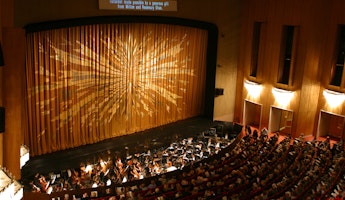

/03-cosi/_dsc0996_pr.jpg?format=auto&fit=crop&w=345&h=200&auto=format)
